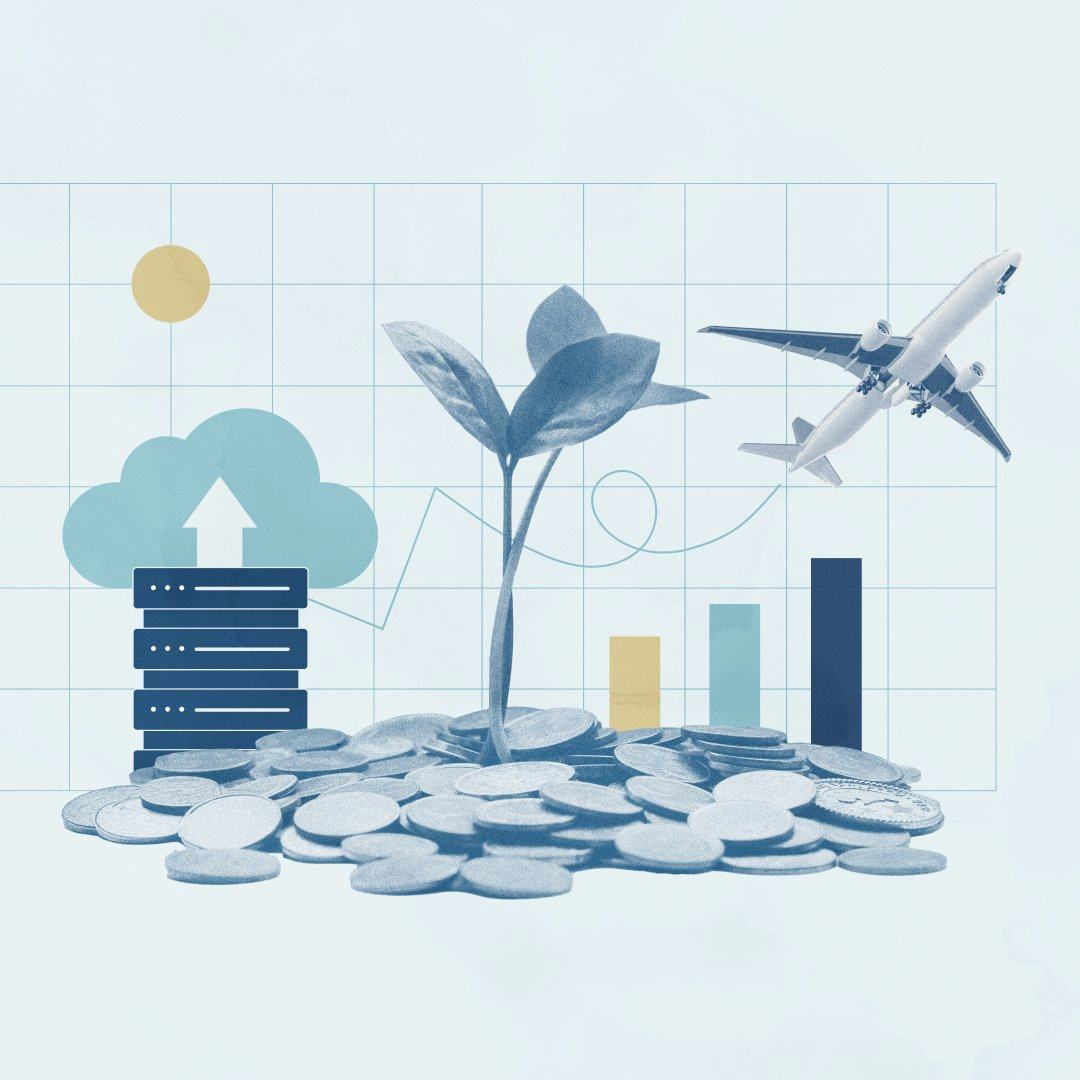Economic affairs
Cooling economy but strong consumption
The Icelandic economy will grow at a slow pace in coming years, according to a new economic forecast from Landsbankinn Economic Re...
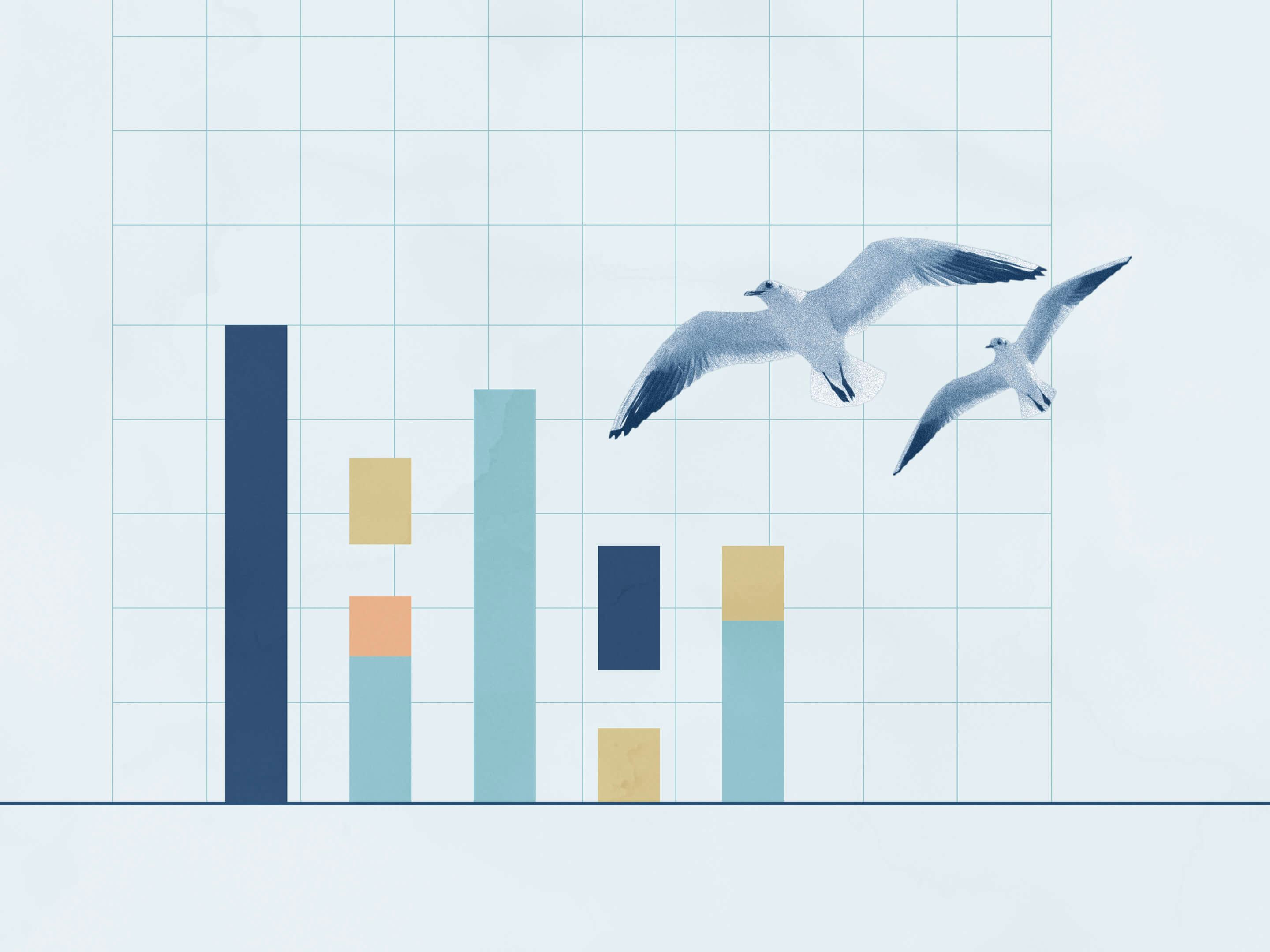
3 Feb. 2026
Monthly newsletter of current economic affairs in Iceland.

6 Jan. 2026
Monthly newsletter of current economic affairs in Iceland.

2 Dec. 2025
Monthly newsletter of current economic affairs in Iceland.

4 Nov. 2025
Monthly newsletter of current economic affairs in Iceland.

1 Oct. 2025
Monthly newsletter of current economic affairs in Iceland.

1 Sept. 2025
Monthly newsletter of current economic affairs in Iceland.

1 August 2025
Monthly newsletter of current economic affairs in Iceland.




9 April 2025
Landsbankinn Economic Research forecasts 1.4% economic growth this year and 2.1% next year. The economy has cooled down following a robust period of growth in the years after the pandemic and we now anticipate a slow start.

1 April 2025
Monthly statistics analysis and an overview of current economic affairs in Iceland.

3 March 2025
Monthly statistics analysis and an overview of current economic affairs in Iceland.

3 Feb. 2025
Monthly statistics analysis and an overview of current economic affairs in Iceland.

7 Jan. 2025
Monthly statistics analysis and an overview of current economic affairs in Iceland.

3 Dec. 2024
Monthly statistics analysis and an overview of current economic affairs in Iceland.

6 Nov. 2024
Monthly statistics analysis and an overview of current economic affairs in Iceland.

21 Oct. 2024
Last week, we published an economic forecast to the year 2027. The housing price and rental price indexes decreased more between months in September and household payment card turnover contracted between years domestically while rising abroad. The Central Bank of Iceland (CBI) published the minutes of the Monetary Policy Committee (MPC) meeting, which shows that all Committee members agreed to lower the policy rate. Several companies publish financial results this week.
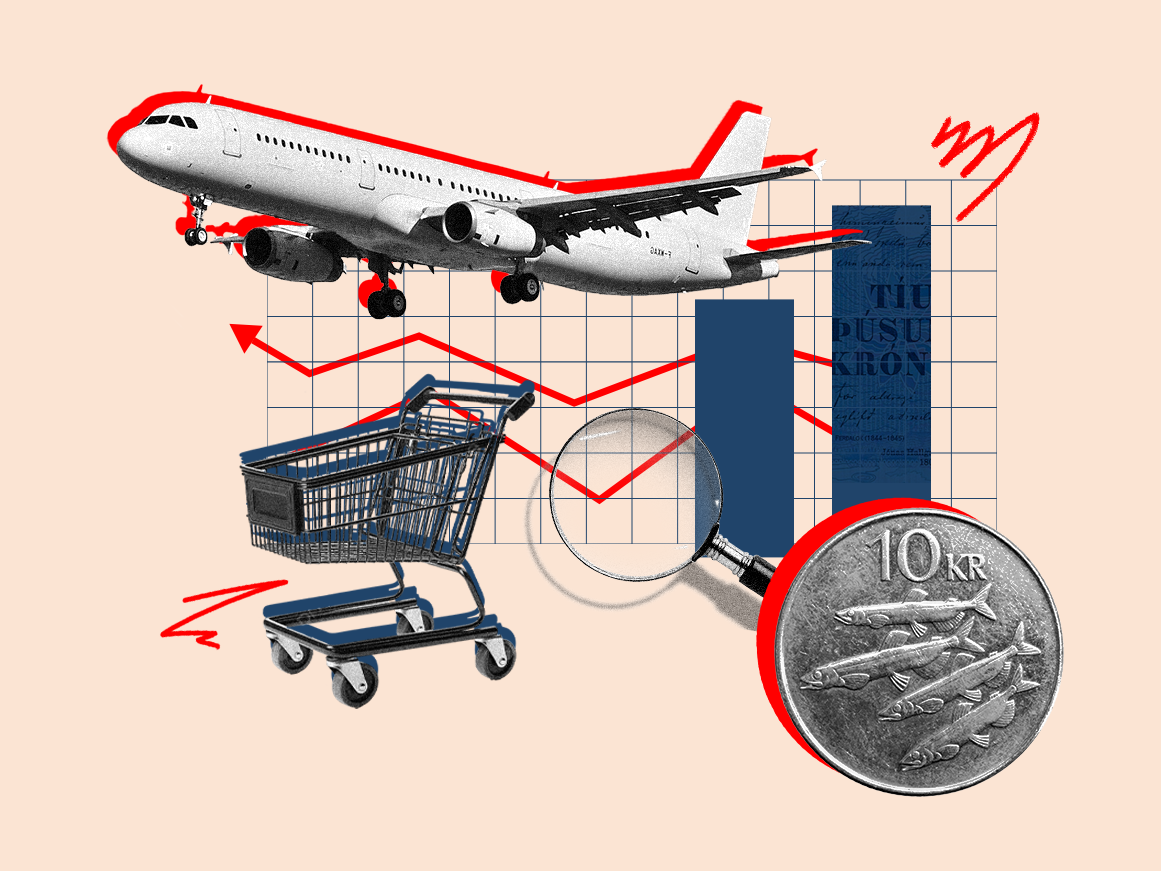
15 Oct. 2024
Landsbankinn Economic Research forecasts a status quo in the economy between years and a 0.1% contraction in GDP. Setbacks affected the export sector in the first half of the year, with capelin catch failure and slower growth in the travel sector causing a contraction. This has been compounded by the cooling impact of high interest rates on demand, which nevertheless remains strong.

14 Oct. 2024
Tomorrow morning, Landsbankinn Economic Research presents a new economic forecast to the year 2027 at a morning meeting in Harpa. This week, the Housing and Construction Authority (HMS) publishes the housing price index, the rental price index and its monthly housing market report. On Wednesday, the Central Bank of Iceland (CBI) releases the minutes of the Monetary Policy Committee’s last meeting. Last week’s highlight was that traveller numbers to Iceland are slightly up between years in September and there is a small uptick in unemployment.
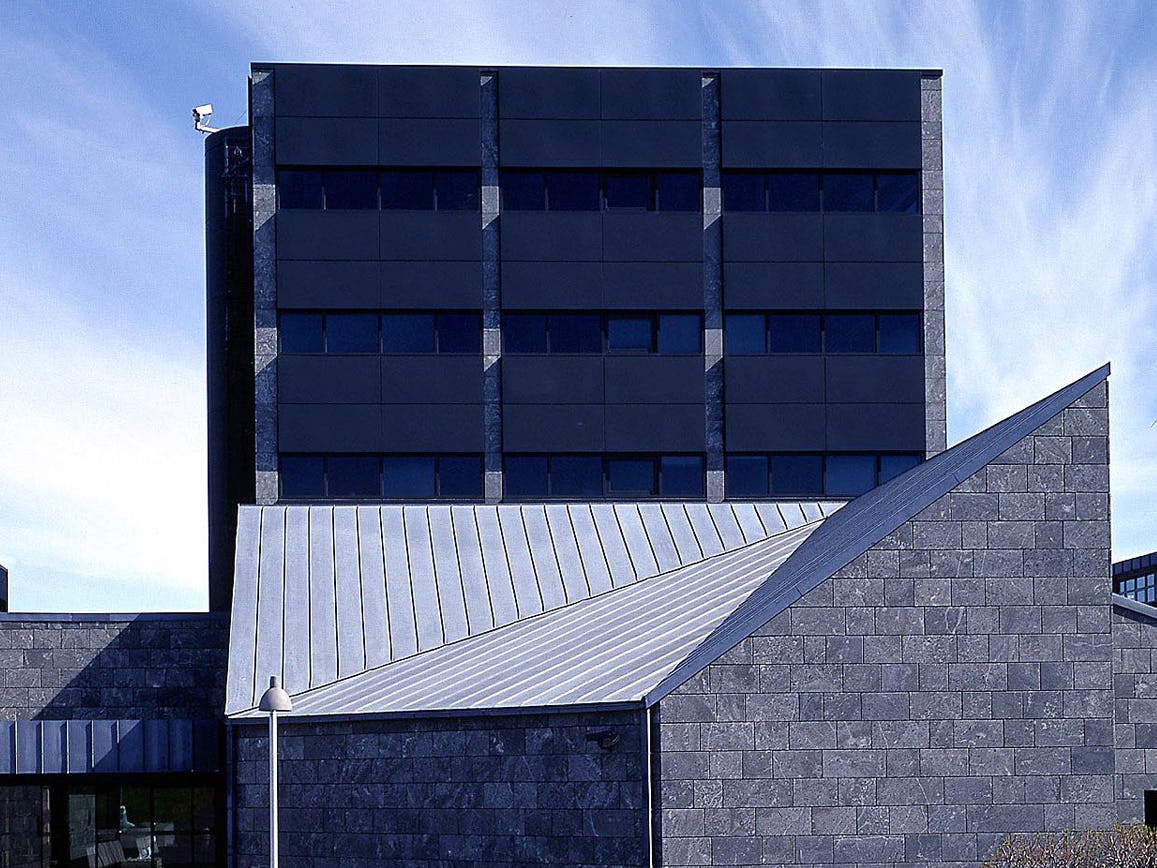
7 Oct. 2024
The Monetary Policy Committee (MPC) of the Central Bank of Iceland (CBI) lowered the policy rate last week, for the first time in four years. The CBI’s key interest rate is now 9% after having stood unchanged at 9.25% for over a year. Inflation in the eurozone remains on a downward trajectory, measuring 1.8% in September, below the 2% inflation target. Inflation figures for the US will be published this week.

30 Sept. 2024
Inflation was slightly lower than expected in September, down from 6.0% to 5.4%. We nevertheless expect that the Monetary Policy Committee (MPC) will wish to proceed with caution when it meets early this week and that it will keep the policy rate unchanged on Wednesday.

23 Sept. 2024
This week, the Central Bank of Iceland (CBI) releases a statement from the Financial Stability Committee and a report on financial stability. Statistics Iceland publishes inflation figures for September on Friday. Last week, the Housing and Construction Authority (HMS) published the housing price index, which rose sharply between months, and the rental price index, which was down between months. Data on payment card turnover, published by the CBI last week, indicates that there is still considerable domestic demand for goods and services.

16 Sept. 2024
This week will see the publication of the housing price index, the rental price index and payment card turnover figures for August. Last week we learned that tourist arrivals in August of this year were similar to the same month in 2023. Unemployment increased slightly between months in August. The fiscal budget for 2025 was presented.

9 Sept. 2024
This week’s highlights are the publication of August tourist figures and registered unemployment, both set for release tomorrow. Last week, the minutes of the last rate decision meeting of the Monetary Policy Committee (MPC) were published. The MPC was unanimous in its decision to keep the policy rate unchanged, unlike the previous three meetings, at which one Committee member voted to lower rates by 0.25 percentage points.
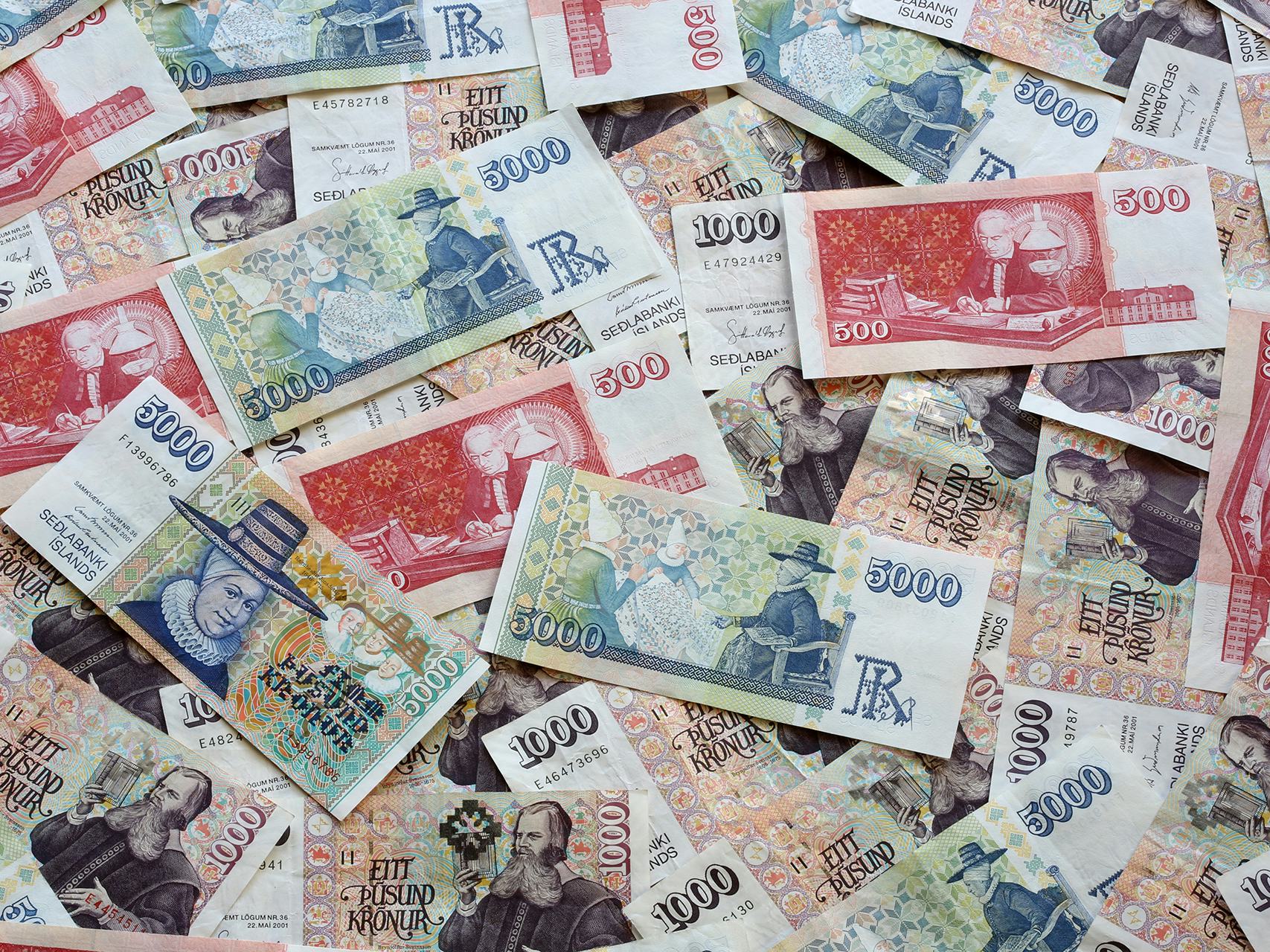
2 Sept. 2024
Inflation decreased unexpectedly between months in August. The economy contracted slightly between months in the second quarter. At the same time, it has become clear that GDP growth was higher in 2023 than previously thought, and that the contraction was less pronounced in the first quarter. This week, the Central Bank of Iceland (CBI) publishes the balance of payment and the minutes of the last meeting of the Monetary Policy Committee (MPC).
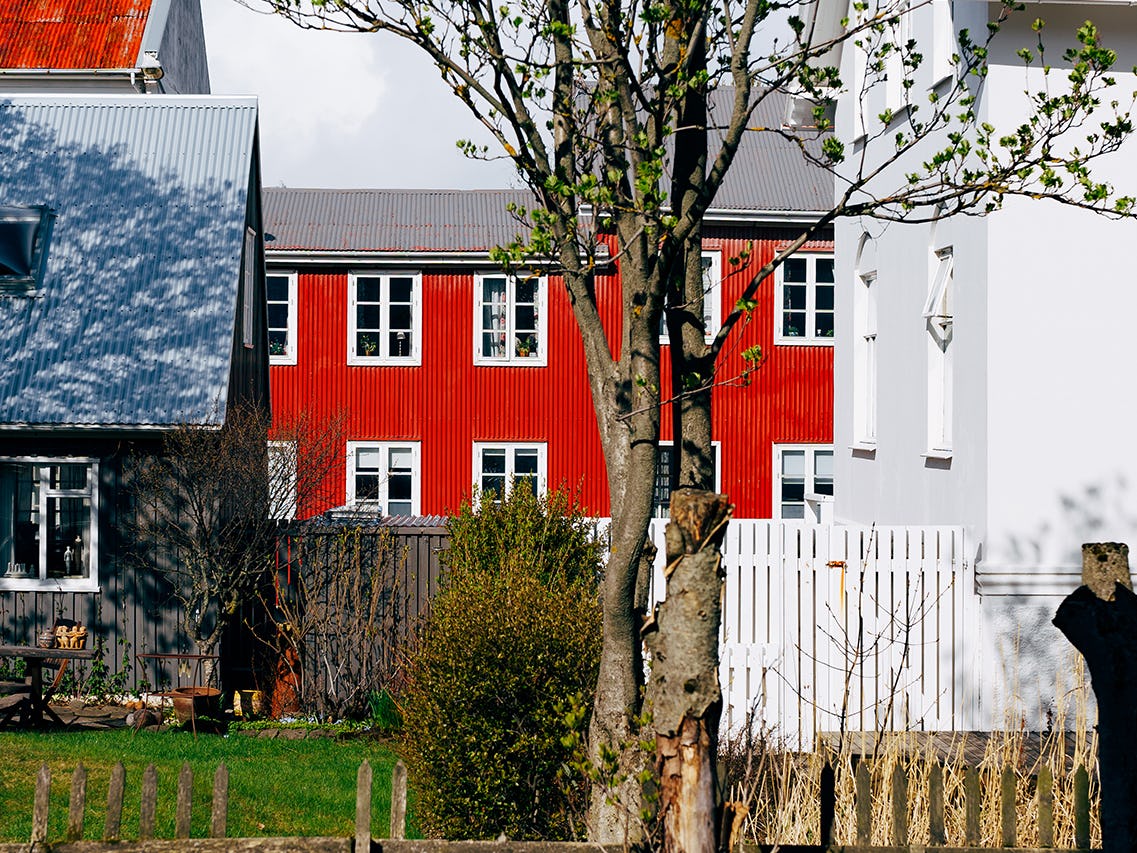
26 August 2024
Non-domestic payment card turnover in Iceland is higher this year to date than previously thought, according to updated figures published by the Central Bank of Iceland (CBI) last week. This week’s highpoint is the CBI’s interest rate decision on Wednesday.

19 August 2024
Non-domestic payment card turnover in Iceland is higher this year to date than previously thought, according to updated figures published by the Central Bank of Iceland (CBI) last week. This week’s highpoint is the CBI’s interest rate decision on Wednesday.

12 August 2024
Departure by non-domestic travellers from Leifsstöð International Airport in July were very similar to the previous year while departures by domestic tourists are somewhat fewer. August measurements for the consumer price index take place this week and several listed companies publish results.
